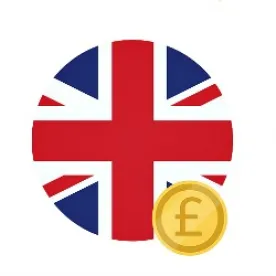On April 3, 2020, the Commission approved the request from Member States and the UK to temporarily waive customs duties and VAT on the import of medical devices, and protective equipment. This marked a further step from the Commission to ensure medical equipment is available to Member States.
In this contest, according to the Commission, vital medical supplies include masks and protective equipment, as well as testing kits, ventilators, and other medical equipment. The duty relief will apply for a period of six months.
The measure at stake represented one of eight steps taken on trade policy in the context of the coronavirus crisis. Accordingly, on April 7, 2020, the EU notified to the World Trade Organization about its eight steps that were either new measures or guidance covering existing legislation. The measures were taken as an attempt to fulfill G20 commitments to provide full transparency of all policies that affect international trade. The other seven steps included measures in numerous fields of action that touch upon many aspects of international trade operations, such as:
-
Border management, including Green Lanes to ensure availability of essential goods and services;
-
Facilitation of air cargo operations;
-
Human, animal and plant health, and animal welfare measures to contain risks linked to control system disruptions due to coronavirus;
-
Public procurement guidance relating to emergency provisions in current legislation to allow for quicker purchasing of necessary goods; and
-
Export authorization requirements to support the adequacy of supply and meet vital demand for personal protective equipment in the EU.
The measures came at a time of trade controversies between EU Member States as several were considering bans on exports of protective equipment in an attempt to avoid shortages at home, which would have been contrary to the EU’s free movement of goods principle. In this regard, Health commissioner Stella Kyriakides called for “solidarity” among EU Member States, which led most national governments to abandon such bans and instead support the introduction of a general EU-wide export authorization scheme.






 />i
/>i

